Struggling with debt can be overwhelming and stressful, but it’s important to remember that you’re not alone. Many people in Florida face financial challenges and are looking for ways to regain control of their finances. One option to consider is to file bankruptcy, which can provide a fresh start and eliminate certain types of debt. In this blog, we’ll explore the process of getting rid of debt when bankruptcy is discharged, and how it can help you move towards a brighter financial future.
What is a Bankruptcy Discharge?
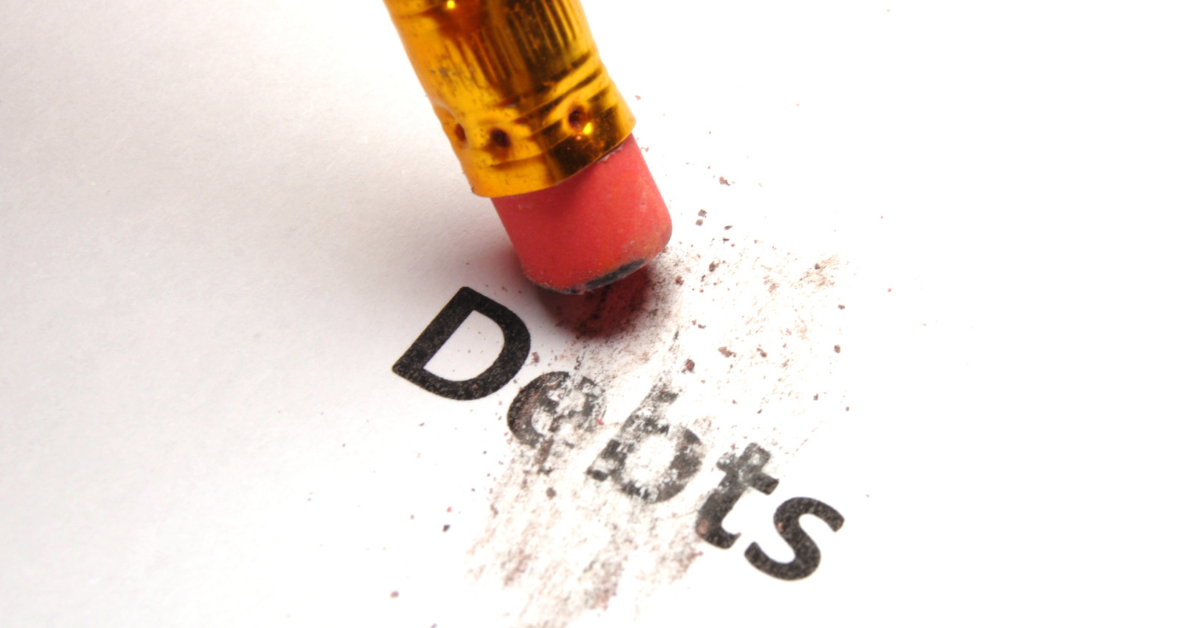
When bankruptcy is discharged, it means that the bankruptcy court has released you from personal liability for certain debts. In other words, you are no longer legally required to pay these discharged debts, and creditors are no longer allowed to collect on them. This can provide significant relief for those struggling with overwhelming debt and allow them to start rebuilding their financial lives.
Chapter 7 and Chapter 13 Bankruptcy Discharge
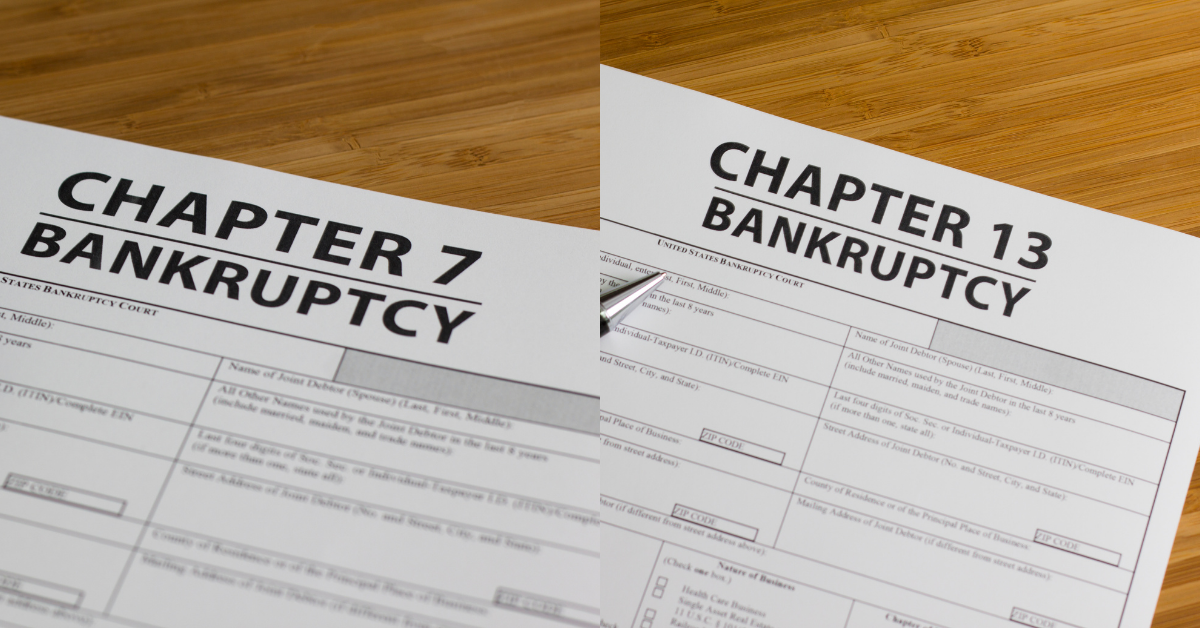
There are two main types of personal bankruptcy: Chapter 7 and Chapter 13. The process of bankruptcy discharge and the types of debts that can be discharged vary depending on which type you file.
Chapter 7 Bankruptcy Discharge
In a Chapter 7 bankruptcy, your non-exempt assets are liquidated, and the proceeds are used to pay off your creditors. After the bankruptcy trustee has distributed the funds, any remaining eligible debts are discharged. This means that you are no longer responsible for paying the debts owed, and creditors cannot collect on them.
Chapter 13 Bankruptcy Discharge
In a Chapter 13 bankruptcy, you create a repayment plan to pay back some or all of your debts over a period of three to five years. Once you’ve successfully completed the repayment plan, any remaining eligible debts are discharged.
The Bankruptcy Discharge Process
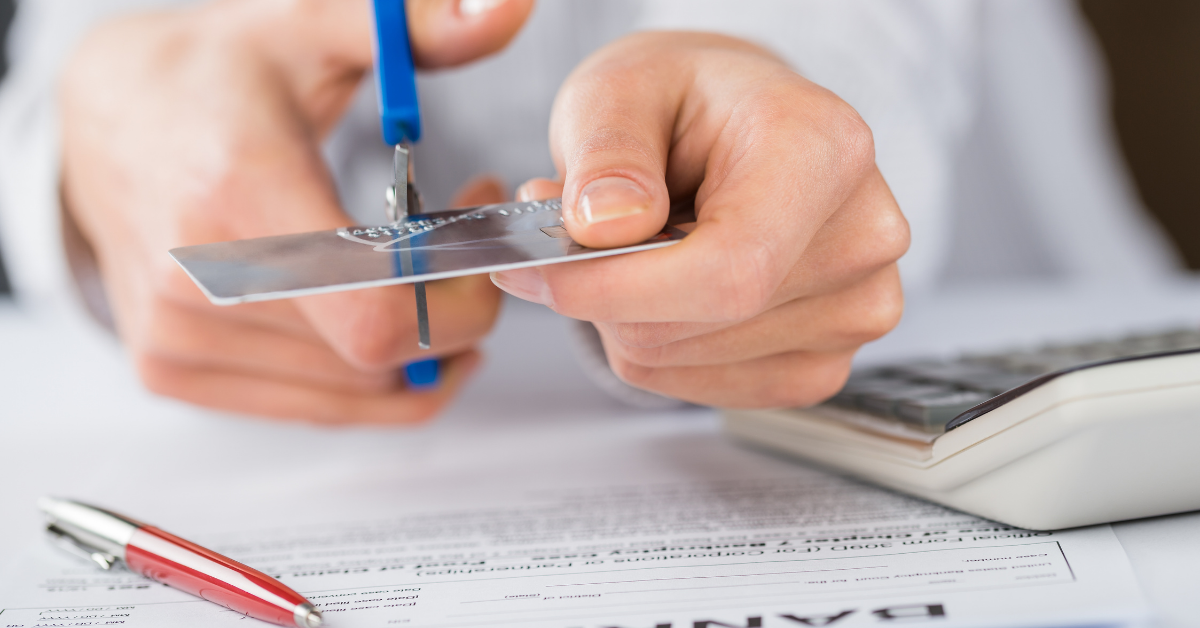
The process of bankruptcy discharge begins when you file a bankruptcy petition with the federal court. This petition includes information about your debts, income, and assets. Once your bankruptcy case has been filed, an automatic stay goes into effect, which temporarily stops most collection efforts by creditors.
Throughout the bankruptcy process, you’ll be required to attend a meeting of creditors (also known as a 341 meeting) and complete pre-bankruptcy credit counseling and financial management courses. In a Chapter 13 bankruptcy, you’ll also need to submit a repayment plan to the court for approval.
Once you’ve completed all the necessary steps in your bankruptcy case, the court will issue a discharge order. This order officially releases you from personal liability for your discharged debts. It’s important to note that not all debts can be discharged in bankruptcy. Some examples of non-dischargeable debts include child support, certain tax debts, and debts arising from willful and malicious injuries.
Understanding Discharged Debt and Nondischargeable Debts
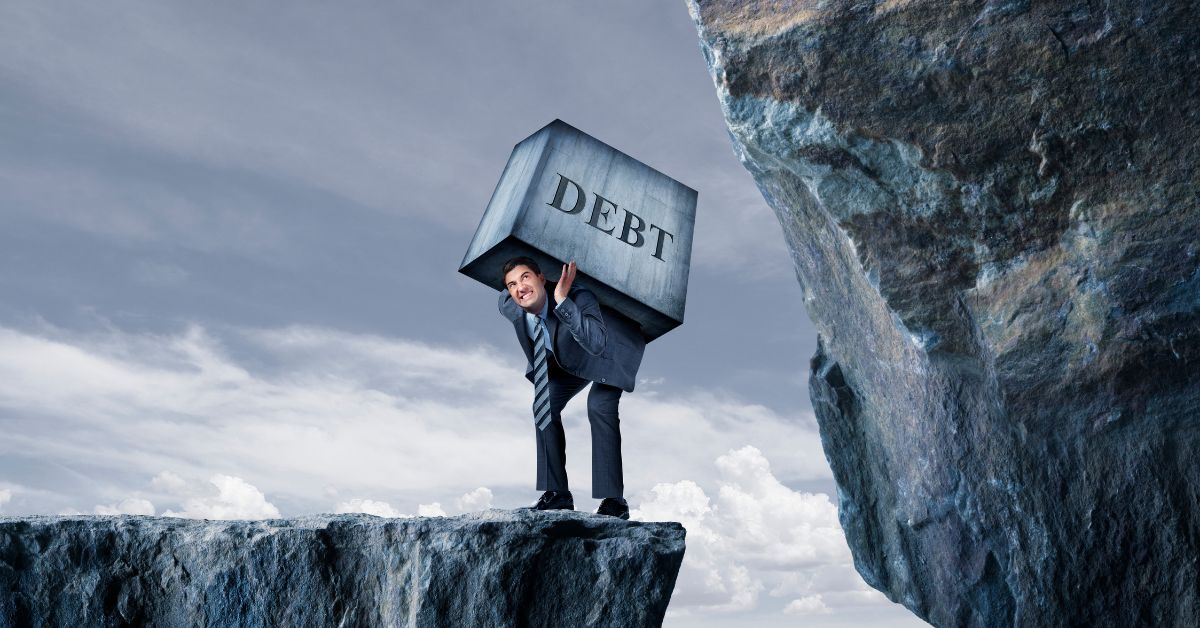
When your bankruptcy case is complete and your debts are discharged, it’s important to understand the difference between discharged debt and nondischargeable debts. Discharged debt refers to the debts that are eliminated through the bankruptcy process, meaning you are no longer responsible for paying them. Examples of discharged debts include credit card debt, medical bills, and personal loans.
On the other hand, nondischargeable debts are those that cannot be eliminated through bankruptcy. These debts will remain your responsibility even after your bankruptcy case is over. Some common examples of nondischargeable debts are:
- Child support and alimony
- Certain tax-related debts
- Student loans (unless you can prove undue hardship)
- Debts incurred through fraud or malicious actions
- Personal injury debts caused by driving under the influence
It’s crucial to be aware of the types of debts that are nondischargeable so you can plan your financial future accordingly.
Bankruptcy Protection and the Automatic Stay
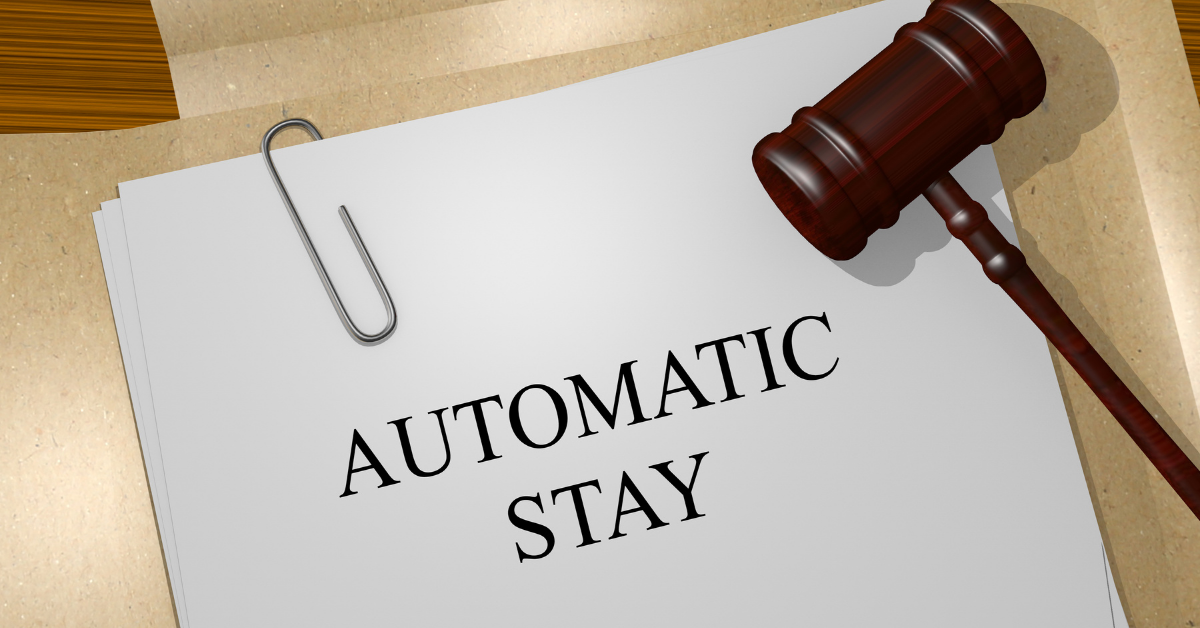
One of the most significant benefits of a bankruptcy filing is the automatic stay, which goes into effect as soon as you file your bankruptcy petition. The automatic stay is a court order that temporarily halts most collection efforts by creditors, including:
- Phone calls and letters demanding payment
- Wage garnishments
- Bank levies
- Foreclosure or repossession actions
The automatic stay provides you with breathing room to focus on your bankruptcy case and work towards regaining control of your finances. However, it’s important to note that the stay does not apply to certain actions, such as child support enforcement or criminal proceedings. Additionally, each secured creditor may request the court to lift the stay if they can prove that their collateral is at risk.
Rebuilding Your Credit After Bankruptcy Discharge
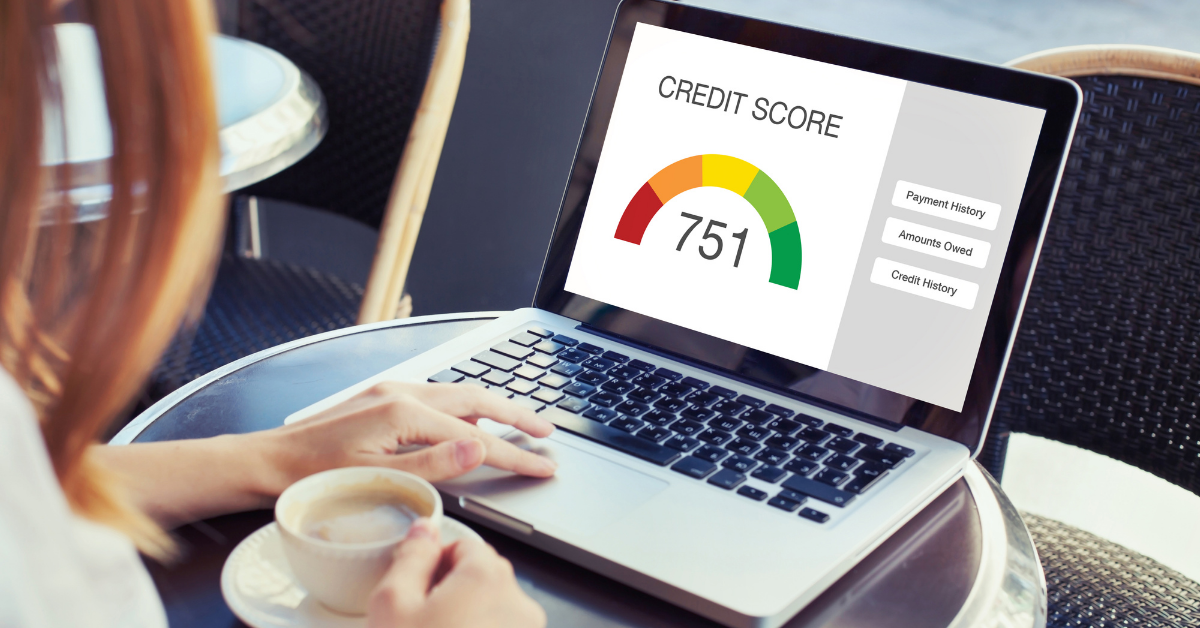
While it’s true that a bankruptcy discharge can negatively impact your credit score initially, it’s not a permanent setback. By following the correct recommendations and taking steps to rebuild your credit, you can see improvements over time. Some ways to improve your credit after bankruptcy discharge include:
- Reviewing your credit report and ensuring all discharged debts are accurately reported
- Establishing a budget and sticking to it
- Paying all bills on time
- Using credit responsibly, such as by obtaining a secured credit card and maintaining a low balance
Remember, bankruptcy is not the end of the world – it’s a financial tool that can help you regain control of your finances and move towards a brighter future. If you’re considering bankruptcy as a solution to your particular debt problems, it’s essential to consult with an experienced bankruptcy attorney who can guide you through the process and help you make the best decision for your unique situation.
Bankruptcy Discharge and Child Support, Alimony, and Tax Debts

Certain debts are considered nondischargeable in bankruptcy, meaning they cannot be eliminated through the bankruptcy process. Among these debts are child support, alimony, and certain tax-related debts. It’s crucial to understand how these debts are treated in both Chapter 7 and Chapter 13 bankruptcy.
Child Support and Alimony
Both child support and alimony obligations are considered nondischargeable debts in bankruptcy. This means that even after receiving a bankruptcy discharge, you will still be legally required to pay these debts in full. In a Chapter 13 bankruptcy, these obligations will be included in your repayment plan and must be paid in full over the plan’s duration.
Tax-Related Debts
While some older income tax debts may be dischargeable in bankruptcy under specific conditions, other tax-related debts, such as recent income tax debts, payroll taxes, and certain tax penalties, are considered nondischargeable. In a Chapter 13 bankruptcy, these debts will also be included in your repayment plan and must be paid in full.
Understanding the treatment of these nondischargeable debts in bankruptcy is essential to ensure you’re aware of your ongoing financial obligations even after receiving a bankruptcy discharge.
The Role of Bankruptcy Attorneys in the Discharge Process

Navigating the complexities of bankruptcy law and ensuring a successful bankruptcy discharge can be challenging without the help of an experienced bankruptcy attorney. A bankruptcy attorney can provide invaluable guidance and assistance throughout the bankruptcy process, from filing the bankruptcy petition to receiving the discharge order.
Bankruptcy attorneys can help you determine the best course of action for your unique financial situation, whether it be filing for Chapter 7 or Chapter 13 bankruptcy. They can also ensure that all required paperwork is completed accurately and submitted on time to the bankruptcy court.
Additionally, bankruptcy attorneys can represent you in court, communicate with the bankruptcy trustee and creditors on your behalf, and provide guidance on rebuilding your credit after bankruptcy discharge.
By working with a knowledgeable bankruptcy attorney, you can increase the likelihood of a successful bankruptcy discharge and a brighter financial future.
Frequently Asked Questions About When Bankruptcy is Discharged
Navigating the complexities of bankruptcy discharge can be challenging. To help you better understand the process, we’ve compiled a list of frequently asked questions related to getting rid of debt when bankruptcy is discharged.
What happens to my credit report after a bankruptcy discharge?
After a bankruptcy discharge, the discharged debts will be updated on your credit report to reflect that they have been discharged and are no longer legally required to be paid. A Chapter 13 bankruptcy may remain for 10 years. It’s important to monitor your credit report and take steps to rebuild your credit after bankruptcy.
Can a creditor still try to collect a discharged debt?
No, once a debt is discharged in bankruptcy, creditors are no longer allowed to attempt to collect the debt. The discharge injunction prohibits creditors from taking any action to collect a discharged debt, including phone calls, letters, or legal action. If a creditor continues to attempt collection efforts, they may be in violation of the court order and can face penalties.
Are there any debts that cannot be discharged in bankruptcy?
Yes, certain types of debts are considered nondischargeable and cannot be eliminated through bankruptcy. These include child support, alimony, certain tax debts, student loans (except in rare cases), and debts arising from willful and malicious injuries to a person or property.
What is the difference between secured and unsecured debts in bankruptcy?
Secured debts are those that are backed by collateral, such as a mortgage or car loan. In bankruptcy, secured creditors have the right to repossess the collateral if the debtor fails to make payments. Unsecured debts, such as credit card debt and medical bills, are not backed by collateral and can typically be discharged in bankruptcy.
How does the bankruptcy trustee play a role in the discharge process?
The bankruptcy trustee is responsible for administering the bankruptcy case, ensuring that all required paperwork is submitted, and overseeing the liquidation of non-exempt assets in a Chapter 7 case or the repayment plan in a Chapter 13 case. The trustee also communicates with creditors and ensures that the debtor completes all required financial management courses before receiving a discharge.
What is the importance of pre-bankruptcy credit counseling and financial management courses?
Pre-bankruptcy credit counseling and financial management courses are required by the bankruptcy code to ensure that individuals understand their options and responsibilities before and after filing for bankruptcy. These courses provide valuable information on managing finances, creating a budget, and rebuilding credit after bankruptcy.
Contact Us to Learn More About Getting Rid of Debt
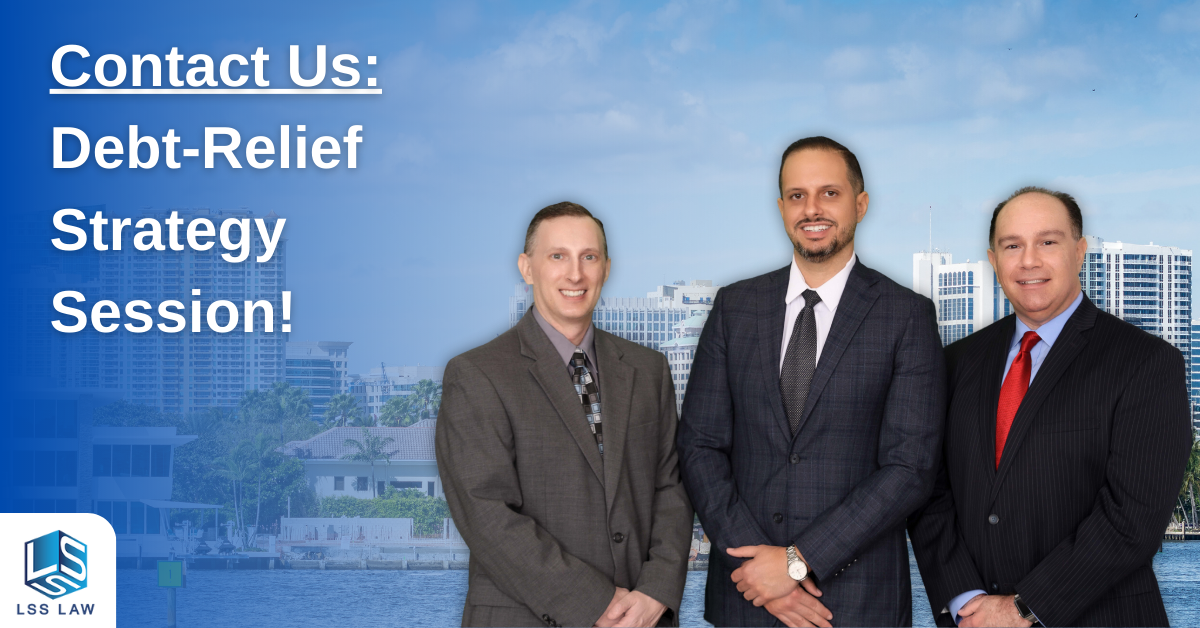
If you’re struggling with debt and considering bankruptcy, it’s important to consult with an experienced bankruptcy attorney to ensure the best possible outcome. At LSS Law, we’re committed to helping people in South Florida navigate the bankruptcy process and achieve a fresh financial start. To schedule a no-cost Bankruptcy Strategy Session for personal bankruptcies (Chapter 7 and 13), contact us by filling out the form on the right or by visiting our contact us page. You can also give us a call at 954-466-0541.






